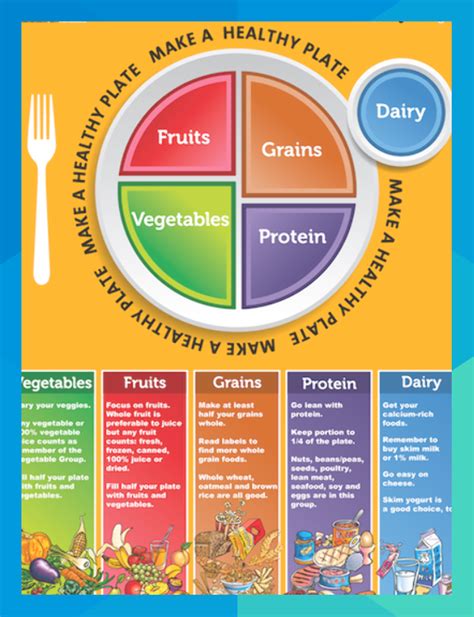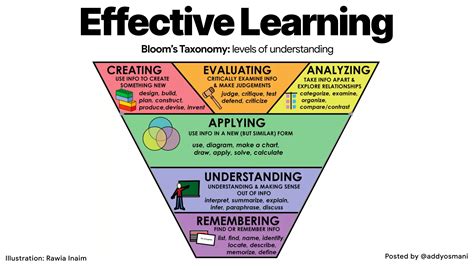The Persistent Challenge of Abdominal Fat for Men
For many men, the quest for a leaner physique often hits a stubborn roadblock: belly fat. Unlike general body fat, abdominal fat, particularly visceral fat that surrounds organs, poses unique challenges not just aesthetically but significantly for health. It’s a common area where men genetically tend to store excess weight, making it a source of frustration and a key indicator of metabolic health. This article delves into effective, science-backed strategies to help men specifically tackle and reduce this persistent problem.

Understanding Why Belly Fat is Stubborn for Men
To effectively target belly fat, it’s crucial to understand its nature. Men typically store fat around their midsection due to a combination of genetics, hormonal influences, and lifestyle. Visceral fat, the type located deep within the abdominal cavity, is metabolically active and produces hormones and inflammatory substances that can negatively impact health, increasing the risk of heart disease, type 2 diabetes, and certain cancers. Hormones like cortisol (stress hormone) and declining testosterone levels with age can also contribute to increased abdominal fat accumulation.
While spot reduction (the idea that you can lose fat from a specific body part by exercising it) is a myth, a holistic approach combining dietary changes, specific types of exercise, and lifestyle adjustments can lead to significant reductions in overall body fat, with a noticeable impact on the abdomen.
Strategic Nutrition: Fueling Fat Loss
Diet is undeniably the most critical factor in losing belly fat. It’s not about restrictive fad diets, but sustainable, nutrient-dense eating habits.
Create a Calorie Deficit
You must consume fewer calories than you burn to lose fat. However, a drastic deficit can be counterproductive, leading to muscle loss and a slower metabolism. Aim for a moderate deficit (300-500 calories below maintenance) for steady, healthy fat loss.
Prioritize Protein Intake
High-protein diets boost satiety, reduce cravings, and help preserve muscle mass during weight loss, which is vital for a healthy metabolism. Include lean meats, poultry, fish, eggs, dairy, and legumes in every meal.
Embrace Fiber-Rich Foods
Soluble fiber, found in oats, beans, apples, and citrus fruits, forms a gel with water, slowing digestion and promoting feelings of fullness. Studies suggest high intake of soluble fiber is linked to reduced belly fat.
Limit Refined Carbs and Sugars
Sugary drinks, processed foods, white bread, and pastries are major culprits for belly fat. These rapidly digested carbohydrates spike blood sugar and insulin levels, encouraging fat storage around the midsection. Opt for whole grains, fruits, and vegetables instead.
Include Healthy Fats
Monounsaturated and polyunsaturated fats (avocados, nuts, seeds, olive oil, fatty fish) are crucial for overall health and can help control appetite. Portion control is key, as fats are calorie-dense.

Effective Exercise Regimens
While diet lays the foundation, exercise accelerates fat loss and improves body composition. Focus on a combination of different training types.
High-Intensity Interval Training (HIIT)
HIIT involves short bursts of intense exercise followed by brief recovery periods. It’s incredibly efficient at burning calories and has been shown to be particularly effective for visceral fat reduction. Examples include sprints, burpees, or cycling intervals.
Strength Training
Building muscle mass is paramount. Muscle is metabolically active, meaning it burns more calories at rest than fat. Incorporate compound exercises (squats, deadlifts, bench presses, rows) that work multiple muscle groups. Aim for 2-4 strength sessions per week.
Consistent Cardiovascular Exercise
Moderate-intensity cardio, like brisk walking, jogging, or swimming, for 30-60 minutes most days of the week, contributes significantly to calorie expenditure and overall fat loss. Consistency is more important than intensity here.
Don’t Forget Core Strength
While crunches won’t spot-reduce belly fat, a strong core is essential for overall fitness, posture, and protecting your back. Incorporate planks, side planks, and bicycle crunches to build a robust midsection, but remember these are for muscle development, not fat removal.

Crucial Lifestyle Factors
Beyond diet and exercise, several lifestyle elements play a significant role in your ability to lose stubborn belly fat.
Manage Stress Effectively
Chronic stress elevates cortisol levels, which promotes fat storage, particularly in the abdominal area. Practices like meditation, yoga, spending time in nature, or hobbies can help mitigate stress.
Prioritize Quality Sleep
Lack of sleep disrupts hormones that regulate appetite (ghrelin and leptin) and increases cortisol, leading to increased hunger and fat accumulation. Aim for 7-9 hours of quality sleep per night.
Moderate Alcohol Consumption
Alcohol, especially in excess, contributes “empty” calories and can hinder fat metabolism. Heavy drinking is directly linked to increased belly fat (the “beer belly”). Reducing intake can yield noticeable results.

The Power of Consistency and Patience
Targeting stubborn belly fat is a marathon, not a sprint. There are no quick fixes or magic pills. Sustainable results come from consistent adherence to healthy habits over time. Track your progress, celebrate small victories, and be patient with your body. Focus on overall health and well-being, and the reduction in belly fat will follow.
![The Power of Mini Workouts [Guest Article] - Complementary Training](/images/aHR0cHM6Ly90czMubW0uYmluZy5uZXQvdGg/aWQ9T0lQLlQwVFVaQUs5dWRPSkhPVnJsZjJfR0FIYUV6JnBpZD0xNS4x.webp)
Conclusion
Effectively tackling stubborn belly fat in men requires a multi-faceted and consistent approach. By focusing on a nutrient-dense, calorie-controlled diet, incorporating a mix of strength training and cardio (especially HIIT), and optimizing lifestyle factors like sleep and stress management, men can significantly reduce abdominal fat and improve their overall health. Remember, consistency is key, and the journey to a leaner midsection is a testament to dedication and smart choices.




